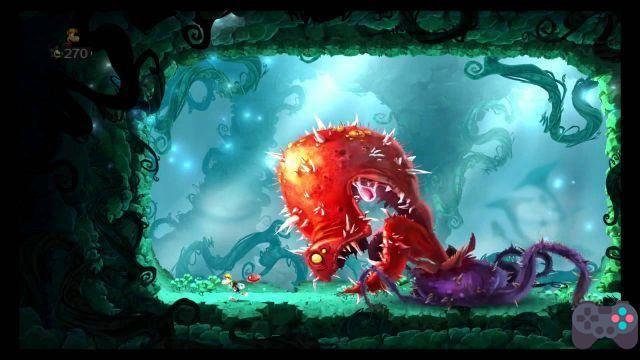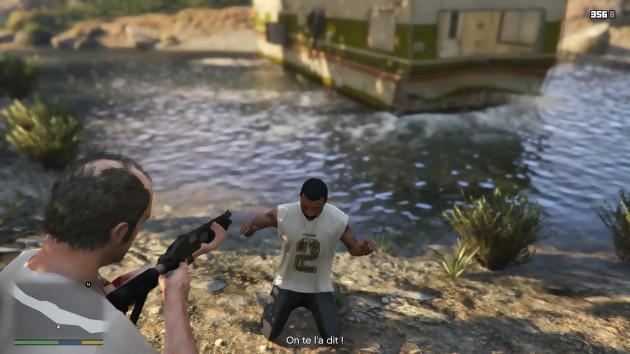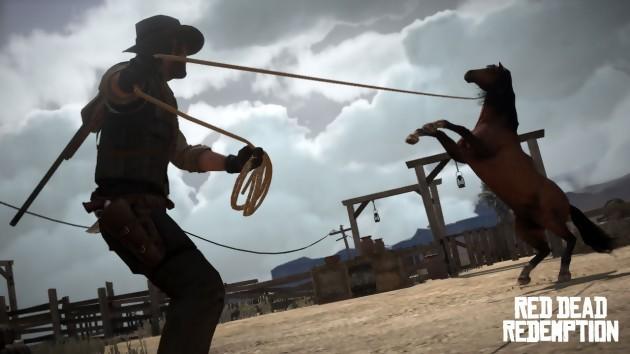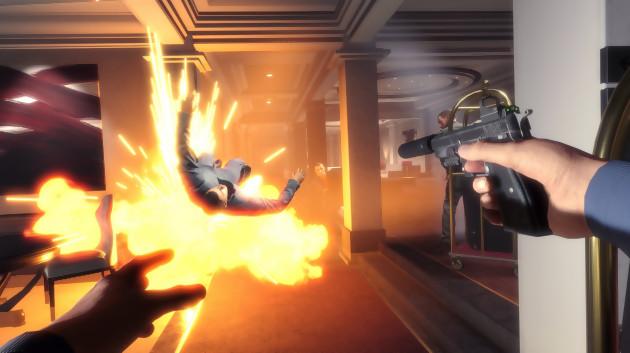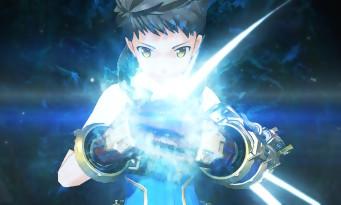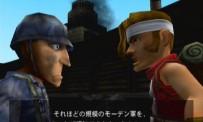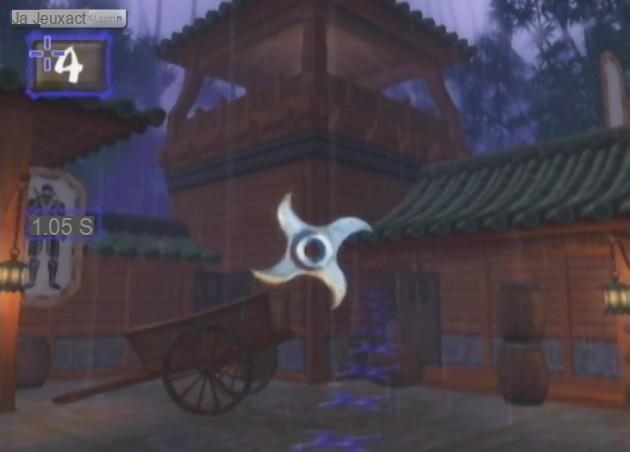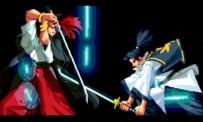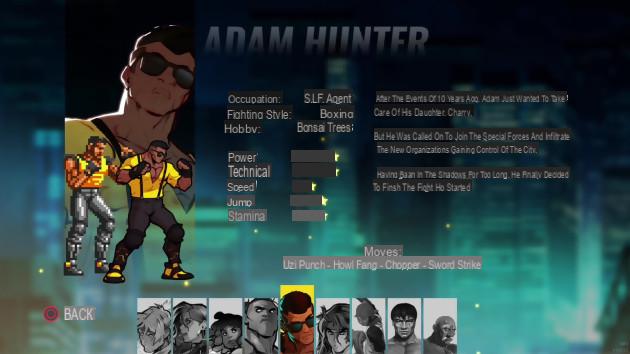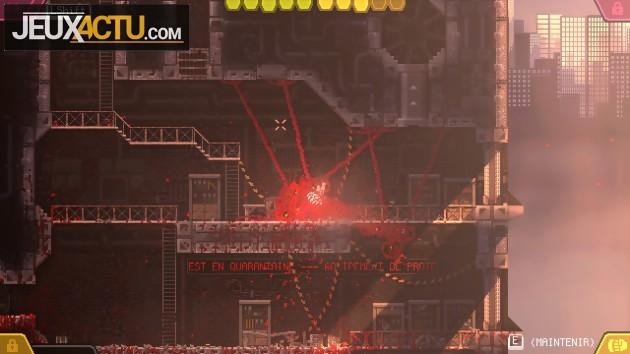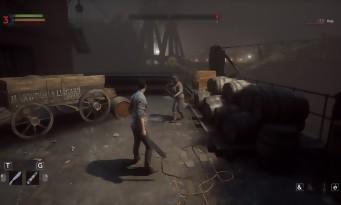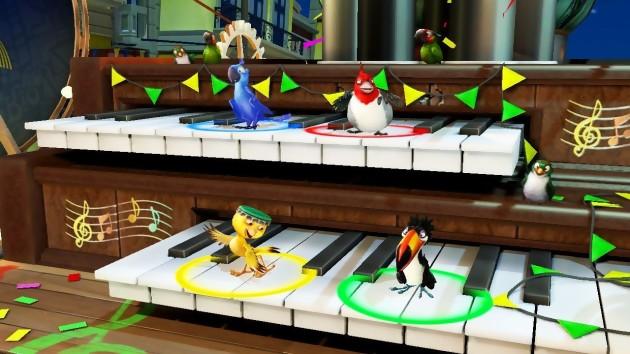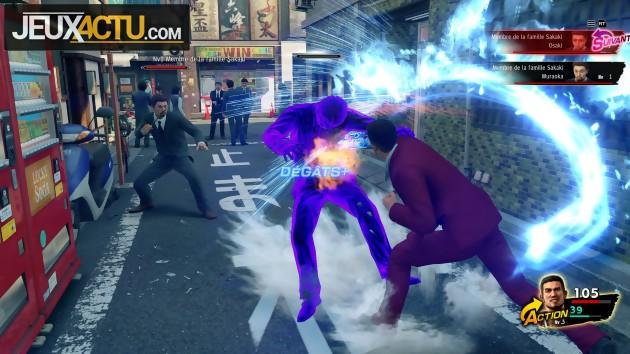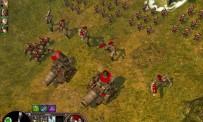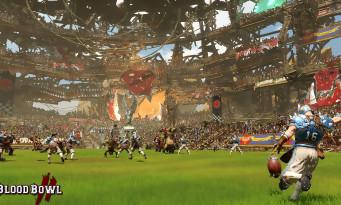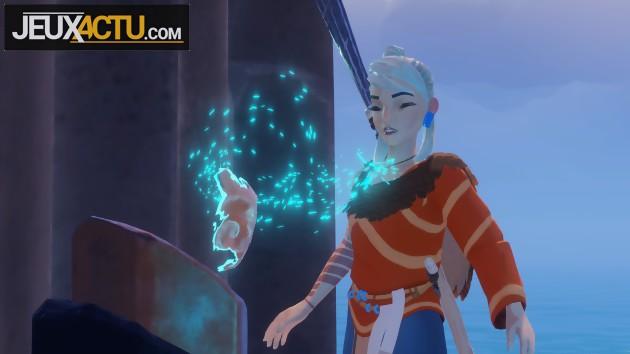
After losing her tribe in the middle of the seas, Kara is in serious trouble. Stranded on a desert island, she will have to quickly learn to survive, both by hunting and by making suitable tools, yes, but also by sailing from land to land thanks to a makeshift boat, an antique paddle and recovering funny of legendary relics: no doubt, an ancient mystical force lurks around and pushes her forward. The starting frame of Windbound is therefore, all in all, quite crisp since there seems to be a real mystery to solve - that of an erased civilization and a funny gigantic sea creature. An alluring starting pitch… but it still has to be used correctly.
GET A WIND
Even if it has been compared many times to The Wind Waker and Breath of the Wild from the famous Nintendo saga, Windbound remains above all a real survival game. Moreover, from the start of the title, we are asked to choose between the eponymous mode, where the fights are more difficult and where each death requires starting from scratch with some of the objects obtained, and the Story mode, where the game over only resumes at the beginning of the current chapter (which is already painful) with the complete inventory saved but nevertheless without a boat. Suffice to say that the first turns out to be much more demanding, drastically inflating the lifespan as long as you are not careful, while the second will correspond more to the remains of the players, without being undeserving. Two schools, therefore, but be aware that Windbound is not a particularly long game when you have understood the workings and that you have mastered the systems well: six or seven hours may be enough to overcome it and complete the five proposed chapters, all revolving around the same principle… again and again. 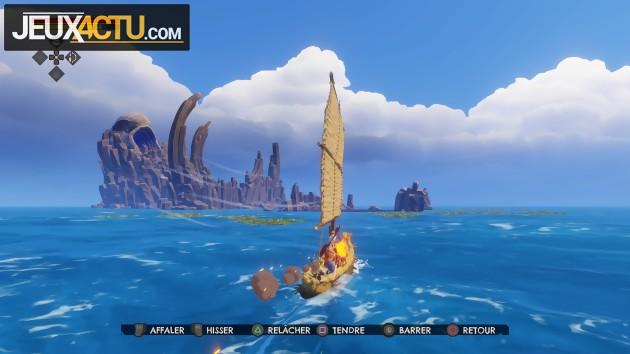
NEVER WITHOUT MY VENT-EAU-LINE
Thus, to complete an episode, you are asked to travel a circular map in search of three divine shells, each of which is nestled on top of an easily identifiable stone tower. Once the thing is done, Kara will always have to discover another islet on her own, moor there and, thanks to the items recovered, unlock the accesses that will lead to the next level, then… again, five times in a row. One of the first problems with Windbound that quickly jumps to the eye is certainly this game design which is very quickly identified and which never evolves: the goal is always similar, the structure is repeated, the artistic direction too, even to the point that it is possible to simply rush by sticking to the bare minimum (eating to maintain health and stamina through various means which we will come back to later) to complete the journey. Of course, this is not the point since the software encourages exploration, but the latter only leads to new resources and, often, totems to increase its HP and endurance. While it seemed to have a really interesting lore, Windbound seems to exploit it very little: we don't discover any ruins that don't stand out, no ancient people, no note from another era. Often, we then find ourselves crafting for crafting, to stay alive, yes, but ultimately without any real scriptwriting motivation, with a mystery that will remain nebulous because of a very implicit narration, without dialogue and with a silent character. Can the sentimental and visual beauty of travel, as well as survival systems or gameplay, then fill this rather disappointing void?
NEVER SKIP TECHNO COURSES
Without a doubt, Kara is manual and resourceful. With dry grass, she can make ropes. With ropes and dry grass, she can make a canoe. On this canoe, she can build a sail always with these same ingredients, or an anchor thanks to other objects, a fire, a tank and so on. The entire crafting system, frankly effective, is based on the collection of resources that allow you to design objects which, themselves, will later lead to the creation of other, even more elaborate items. This involves the boat, which plays a central role in the game, but also survival objects (a hammer, a pickaxe, a bag, etc.) or weapons (a spear, arrows, a sling): once the assimilation of the menus done, we then take a certain pleasure in traveling the land to build a more complete, more refined arsenal. Over the course of the chapters, new types of resources will be discovered, leading to the creation of new objects: you can then carve a real bamboo catamaran, store reserves in it, roast meat in it (under penalty of falling ill if swallowed raw) or skin (to make leather), and a few other possibilities that will make the trip more serene. Rather pleasant, this survival system is in any case the first half of the game before falling back in intensity thereafter: already because it is not always pleasant to start from almost zero when you lose your life ( some players will be less reckless than others, of course) then, because as explained previously, it is quite possible to finish the game by going straight to the point once the structure of the game is understood, without really making use of all these tools. What's the point of struggling to build objects in all directions if they ultimately prove not to be essential at all, the level design repeating itself ad eternam?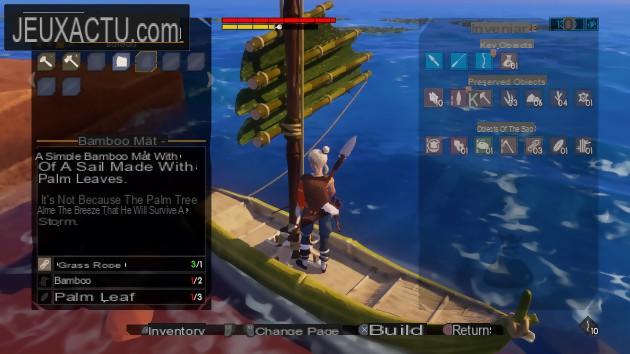
There is a feeling of bitterness, that of having content that is nevertheless attractive but which, because of a budget or a compromised mastery, rings slightly hollow to our great regret.
There is therefore a concern for balancing in Windbound which offers an offer... without there often being a demand. The fights, too, are real problems of fluidity: the AI is in the cabbage, the precision certainly not there and, in general, the clashes are very poor in their functioning. However, a few new creatures will expand the variety of duels over the course of the chapters, but the bestiary remains thin and, above all, very easily circumvented: there are countless deadly enemies, difficult to defeat due to archaic combat gameplay and problems of collision, from which we easily and foolishly escaped to go simply and quietly to our objective. There is a feeling of bitterness, that of having content that is nevertheless attractive but which, because of a budget or a compromised mastery, rings slightly hollow to our great regret. So certainly, Windbound is not an action game and does not boast of being one, but this part is fragile enough to be quickly pointed out.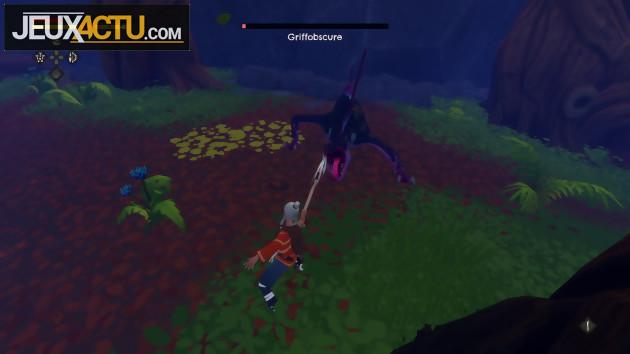
BAYONNE VENT-BON
While Kara's world seduces the first moments, the excitement leads, after a handful of hours, to disillusionment. The disillusion of having already understood how to overcome the game, of having understood that the story would remain minimal, of having understood that no real surprises would be there. However, the universe remains enchanting: its colorful and sparkling world offers warm atmospheres, several islands install an atmosphere as well as a different fauna and flora, the ocean and its many lands are also well transcribed in a charming aquatic landscape. Boat navigation is also successful, requiring you to accommodate and understand the direction of the wind with finesse to move forward. Alas, everything quickly turns out to be either very repetitive or too rare and the brilliant discovery of the first mystical places, quite sumptuous, quickly give way to copy/paste. 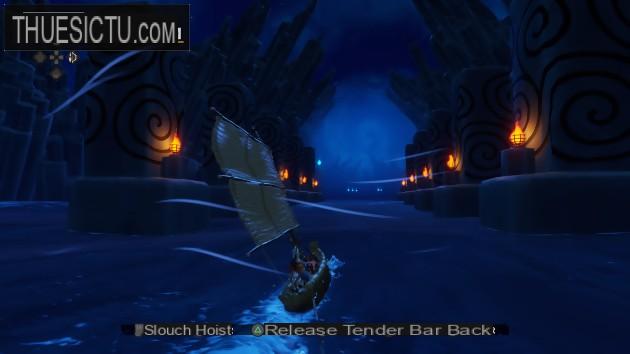
Worse still, the soundtrack itself, however very successful, intoxicating and relevant, is made up of only three or four pieces that come back in a loop, always in the same scenes! As it stands, for example, the bewitching music composed on the piano and the violin while sailing in a boat is repeated tirelessly as soon as you set sail, to the point of becoming ridiculously insistent: why not have proposed one melody per chapter, or just variations? A money problem? May be. Windbound probably does not have a huge budget, which we fully understand and accept, but the facts are there despite everything: despite undeniable good ideas and successful elements, Windbound is too repetitive and simple on many facets to take to the guts as one would have hoped. Perhaps a NewGame+ could have made us take the controller back while enjoying our arsenal and unlocked powers, but unfortunately no such mode is available: once the game is over, we are simply sent back to the beginning of the last chapter. It's a shame all the same… and we're definitely left unsatisfied.




